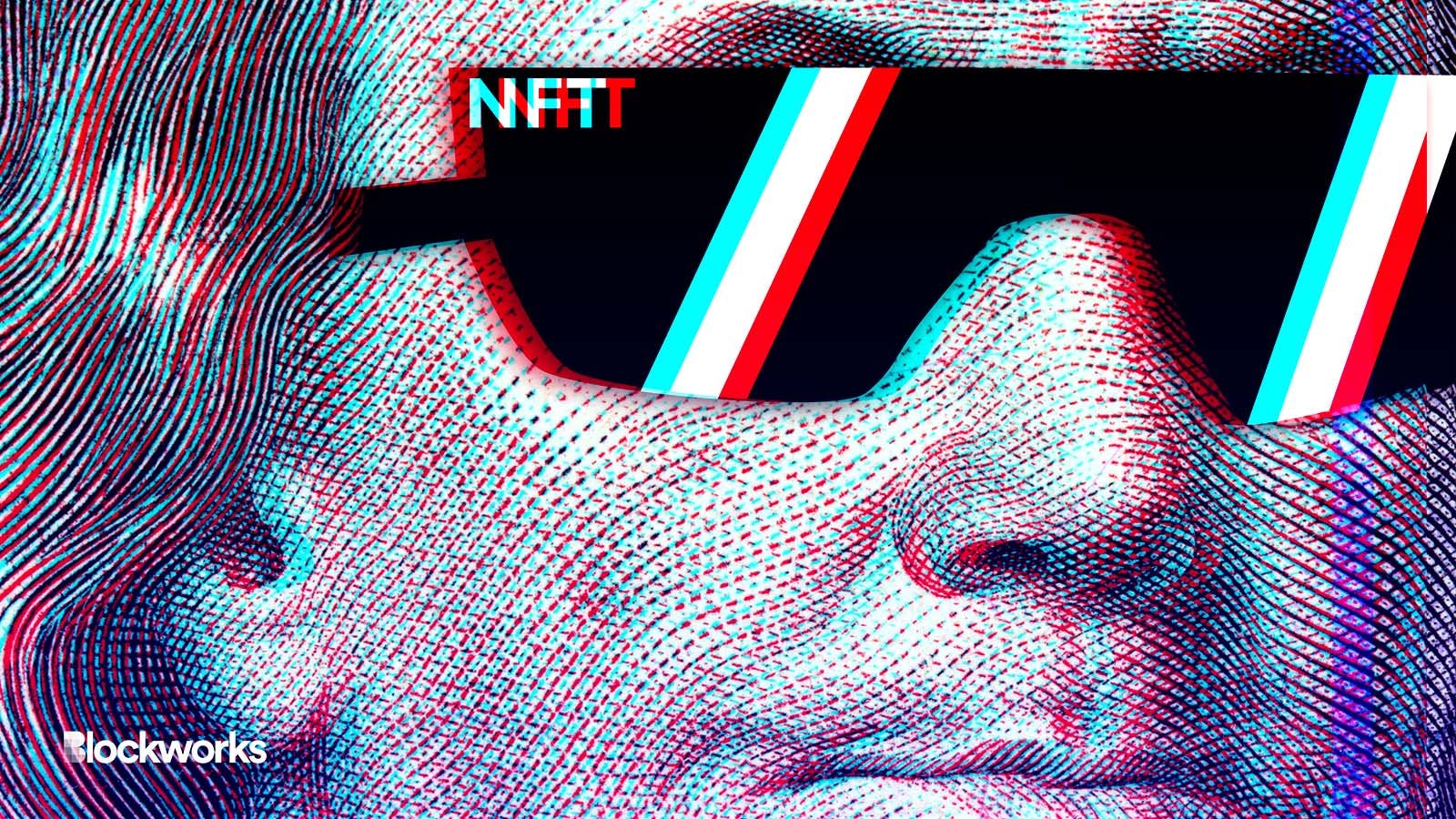The explosion of NFTs or “non-fungible tokens” over the past couple of years has left many Americans scratching their heads and wondering why anyone would pay millions of dollars for a picture of a cartoon monkey.
Although digital art has been one of the most popular applications for this technology, pretty much anything can be turned into an NFT. Earlier this year, an unassuming 4-bedroom home in Gulfport made headlines when it became the first US property to be auctioned as an NFT.
Since then, a handful of other local homes have been converted into NFTs, including one for sale right now in St. Petersburg.
Local realtor Andrew Daniels is leading the charge and working to educate consumers on the intersection of NFTs and real estate. He is the head of blockchain development for New Wealth CoLab, a real estate investment group that also hosts its own collaborative workspace in Tampa.
Can you explain what blockchain technology is?
Blockchain stimulates peer-to-peer transactions. Blockchain is the system that records all of these transactions and allows everyone to refer back to it when a transaction is made. It just enables everyone to trade in a peer-to-peer manner that is decentralized.
Can you explain what an NFT is?
NFT stands for non fungible token. So there are fungible tokens and non-fungible tokens.
An example of a fungible token would be a $20 bill. If I have a $20 bill and you have a $20 bill and we traded $20 bills, we would not exchange anything of value.
An example of a non-fungible token could be a real estate asset. You have the tax ID number, the legal description, the property address. It would be very easy to distinguish this symbol from another property in Georgia because they would not have the same value. They wouldn’t be the same.
An NFT can represent real estate, a car registration, digital art. It is only the vehicle that represents ownership on the blockchain.
How can blockchain technology be used in real estate?
Right now we use the County Commissioner for central recording, and it’s a very redundant system, very archaic, very (expensive.) We probably involve 15 to 20 different people to take over a real estate transaction when if we were to record all these transactions on a ledger system like the blockchain, it would be a convenient central registry for everyone to refer to.
Right now we are waiting for public agencies to recognize blockchain as a verifiable source of information. Until that happens, we won’t actually be able to register property deeds with blockchain.
What we are currently doing is tokenizing properties as NFTs. First, we create an LLC. The LLC will hold the property we want to sell as an NFT. The owner-operating agreement states that the property is represented as a token number and held in a (crypto) wallet address. So anyone who has that token in their wallet address has ownership of the LLC and in turn has ownership of the property.
What are some of the benefits of tokenizing a home as an NFT?
With a typical home, your equity is not liquid. You have to go to a bank and get a home equity loan. When you tokenize a property, that equity becomes liquid. You will be able to connect your asset to decentralized financial platforms that will lend to you in real time.
Follow trends that affect the local economy
Subscribe to our free Business by the Bay newsletter
We share the latest news and insights you need for businesses and consumers every Wednesday.
You are all registered!
Would you like more of our free weekly newsletters in your inbox? Let’s get started.
Explore all your options
If you are going to rent out the property, you can separate the equity from the income it earns. So you will be able to utilize the value of the home at the same time as you sell the rights to the rental income.
Tokenizing also allows you to crowdfund investments and fractionalize the asset so that multiple buyers can own a piece.
What kind of people are interested in buying and selling homes this way?
It is mainly going to be crypto enthusiasts. But this is also attractive to international buyers. There are crypto loans and lending types where they can borrow against their crypto so that they don’t have to exchange currency and use US dollars.
Do you think NFT properties will become more mainstream in the future? What will it take to get estate agents and consumers on board?
The US lags behind many other countries in this regard. So if you were to look up Norway, Switzerland, they actually use blockchain technology for identification and cadastre.
It will probably take 10 to 15 years, but soon every asset will be a digital asset. For a car, for a house, for membership, for ticket sales, for subscriptions, for our identification or car registration or insurance, we will have individual non-fungible tokens that we can authenticate with third-party companies in real time.
I believe that the government will come out with a central bank digital currency, probably within the next two years. So people will start to understand what blockchain is without even recognizing it. It’s going to be the first point of mass adoption.
























